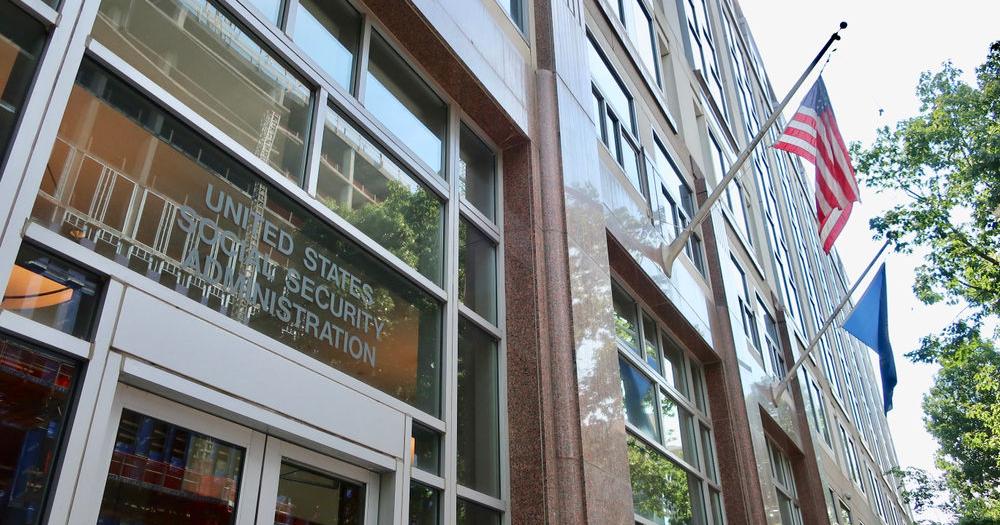- Joined
- Jan 16, 2019
- Messages
- 8,555
- Reaction score
- 4,665
- Location
- Colorado Springs, CO
- Gender
- Male
- Political Leaning
- Liberal
The simple answer is to seperate the two ballots. One national, one state. To vote in either, provide the proper ID. Each should be provided free of charge to every eligible voter.
Problem solved. If someone doesnt want to go apply for one, decisions have consequences.
Problem solved. If someone doesnt want to go apply for one, decisions have consequences.

